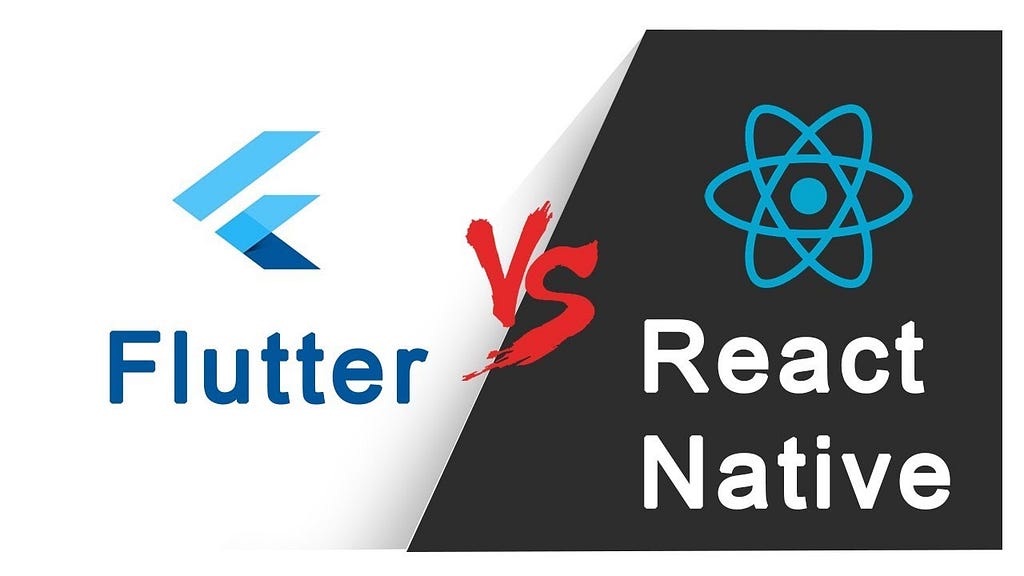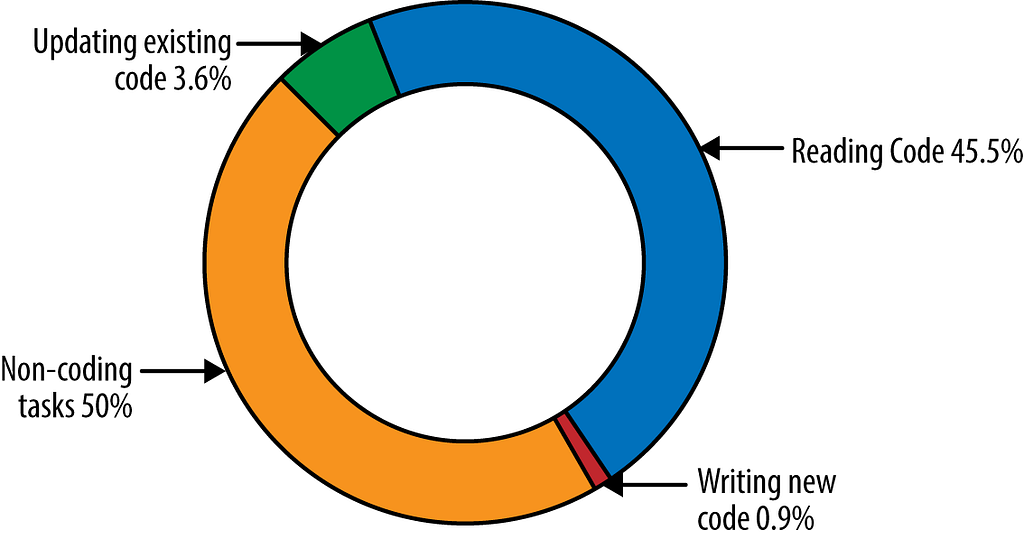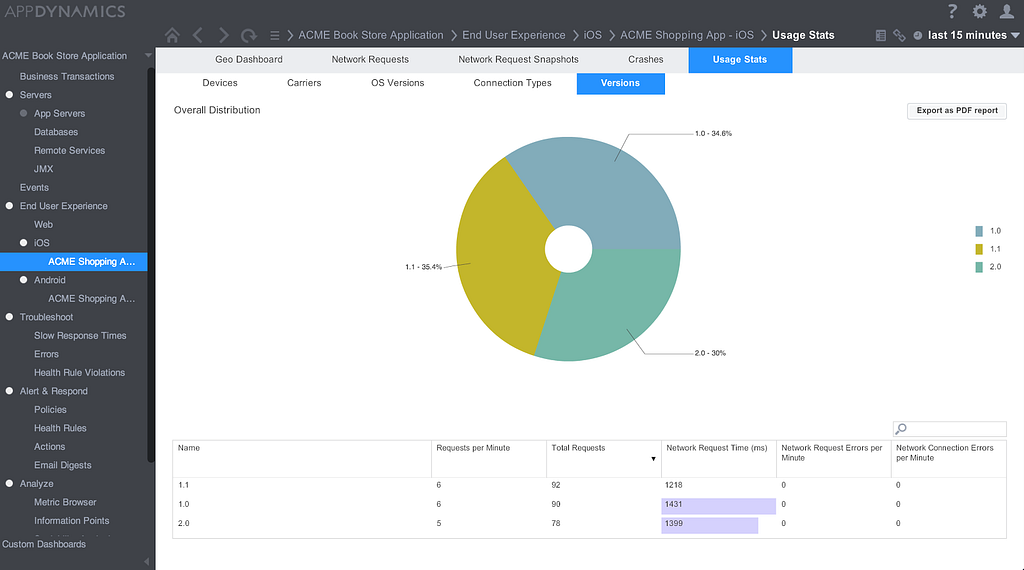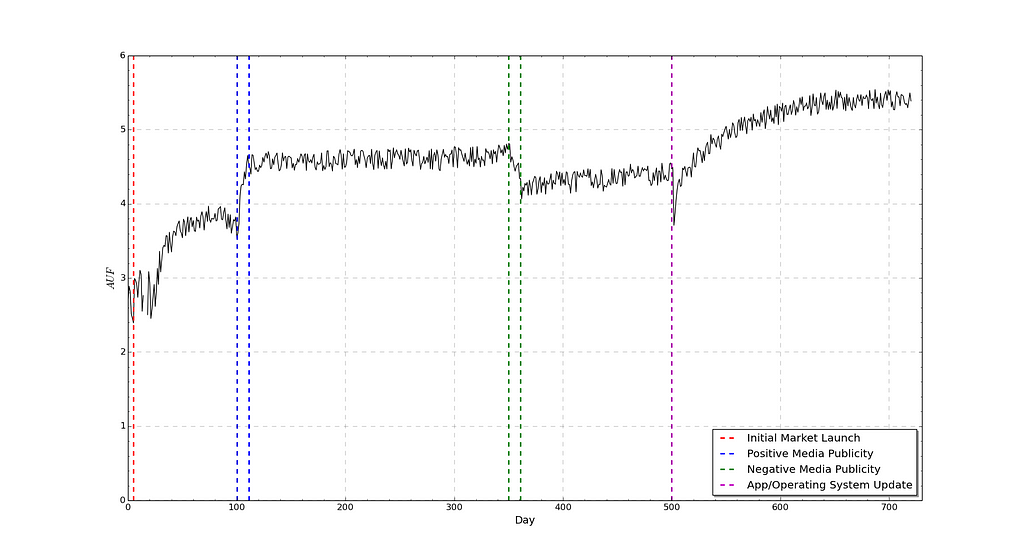Latest news about Bitcoin and all cryptocurrencies. Your daily crypto news habit.

Due to a huge demand for mobile apps, a large number of businesses and start-ups have shifted their core app development concerns to mobile app development. There is a constant inflow of niche technology, platforms, and frameworks when it comes to developing a mobile application for new businesses. This allows mobile developers to create revolutionary mobile applications. Nowadays, cross-platform app development is getting more popularity among start-ups. With which developers can design an e-commerce app, various interactive apps, and social apps.
Therefore, the two mobile app development frameworks react native vs flutter is creating the buzz and fighting to prove itself to be the host of the cross-platform mobile app development. React native was introduced by Facebook and in very less it got a huge popularity and give many benefits to companies. However, Google’s flutter is new to mobile app development but it creates beautiful native applications and helps developers to develop cross-platform apps with an ease.
In this blog, we have compared the two mobile app development frameworks(react native vs flutter) on the basis of various parameters as listed below. This would help startups choosing the best one for their mobile app development project at an ease. You can also hire developers from top mobile app development companies to excel your development work.
The list of various parameters on which the comparison has been done is given below:
- User Interface
When it comes to creating blocks for the user interface, there is a big gap between React Native and Flutter. Reactive Native is based on native components. However, the case with Flutter is completely different. It works exceptionally good with proprietary widget sets. In-fact, the case of owner widgets is quite exciting and help you obtain fully customized UI designs with good interoperability with additional native support.
Unfortunately, there are some drawbacks too. Let’s the example of Cupertino library which lacks the iOS style way components. And this is a big problem among the mobile app developers. In the war of react native vs flutter, the user experience is much better with react native.
Winner: React Native
2) Development Time
The bunch of mobile app development companies that have emerged these days have demonstrated their excellence in the timely delivery of projects and React Native has remained one of the best partners for all these companies. This framework reduces the timeframe for mobile app development, adds more to the user interface and takes less time to develop projects.
In the comparison of react native vs flutter, Flutter is new and requires considerable time to develop projects and if we talk about this framework in this particular aspect. React Native has ready-to-use components that help accelerate the landscape of mobile application development without creating much problems for app developers. Flutter also promises high-quality usability, but the framework for application development needs to get more recognition over react native.
Winner: React Native
3) Performance
A good comparison of these frameworks i.e. react native vs flutter, precisely in terms of performance, gives us revealing results. The mobile app developers who know these languages well would surely agree with this point of rewarding Google Flutter with some extra points. Flutter has the advantage over its competitors due to Dart frame. In addition, the Javascript layer helps to connect with native components more easily.
On the other hand, React Native has had a large following, but app developers know the pain when it comes to creating hybrid applications. But, in the case of native applications, the framework adjusts exceptionally well to the requirements. The framework means that developers do not have problems to create an application that has a native environment.
The use of React Native for hybrid applications makes it a little complicated for developers to run the architect, the native components and the library without problems. Flutter, on the other hand, makes it easy for developers to reuse existing code. The C ++ engine also supports the language, and that gives you reward points.
Winner: Flutter
4) Stability
When it comes to comparison of react native vs flutter, stability is one of the most important aspects for mobile app development companies. And the competition seems difficult here. Flutter lacked a bit of competition since it only had the Alpha version. The version is not suitable for large projects.
However, in the last year, Google announced Flutter beta 2, which offers impressive beta tools for developers. React Native enjoys the support of a large community and is quite stable since its launch. As Flutter is still making its place in the industry, React Native seems to be the winner of this section in the war of react native vs flutter.
Winner: React Native
5) Clientele
The popularity of React Native does not need to mention for businesses these days. It was and still is one of the most promising mobile app development frameworks for developers of all ages. It has all the necessary components important to carry out the project of any size. Speaking particularly about the number of clients of this popular framework, it has some important names, such as Skype, Facebook, Tesla, Airbnb, Instagram, Walmart and many more.
Since Flutter was launched a few years ago, it is still trying to make its presence felt in the industry. As a framework is still making its base, it will take some time to gather the momentum. Currently, only one Hamilton application is what you have in store to show. However, as time progresses, you will surely add important brands to your list.
Winner: React Native
6) Documentation & Toolkit
The process of tools along with the documentation is an extensive process. And when it comes to documentation, Flutter facilitates the process. In addition, it makes it easier for mobile app developers to use them while documenting their application. Therefore, there is no doubt that Flutter is an impressive option against its counterpart.
On the other hand, the documentation with React Native is a bit clumsy. In addition, this framework omits a series of components that are quite important to smooth the process. So we can see that the comparison with respect to the tools brings a hard competition between the two frames. Flutter has extensive IDEs and tools with React Native support. Its compatibility with Visual Studio Code, Android Studio etc. adds more to the prominence of the framework.
Winner: Flutter
Conclusion:
So we have seen a detailed comparison of both the mobile app development frameworks for start-ups. Both have their own plus points in terms of stability, performance, documentation etc. as discussed above. However, it is difficult to decide which one is the winner as they have their own pros and cons. In my opinion, Flutter being new framework would take time to get stable and would travel miles to compete successfully with already popular mobile app development framework i.e. React Native. Hence, React Native is a good choice to start with and can be declared as the winner right now.
However, Flutter can also be a good choice as it creates beautiful mobile apps and can help start-ups to earn well in less time. Moreover, it has an impressive future too. So if you are planning to develop amazing mobile apps then hire expert mobile app developers from a reliable & top mobile app development company like ValueCoders. At Valuecoders( top IT consulting firm in India), we provide agile software teams for all kinds of mobile app development projects. Few of the benefits to partner with us are:
- Flexible Hiring Models
- On-time delivery and NDAs
- Zero billing guarantee
- Guaranteed SLAs
React Native vs Flutter: Which Is More Startup friendly? was originally published in Hacker Noon on Medium, where people are continuing the conversation by highlighting and responding to this story.
Disclaimer
The views and opinions expressed in this article are solely those of the authors and do not reflect the views of Bitcoin Insider. Every investment and trading move involves risk - this is especially true for cryptocurrencies given their volatility. We strongly advise our readers to conduct their own research when making a decision.





